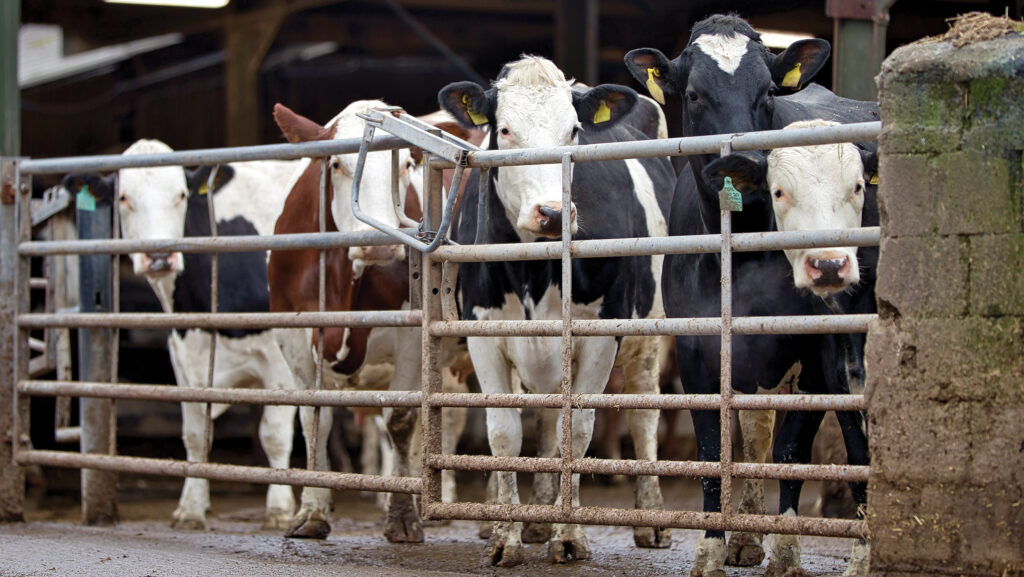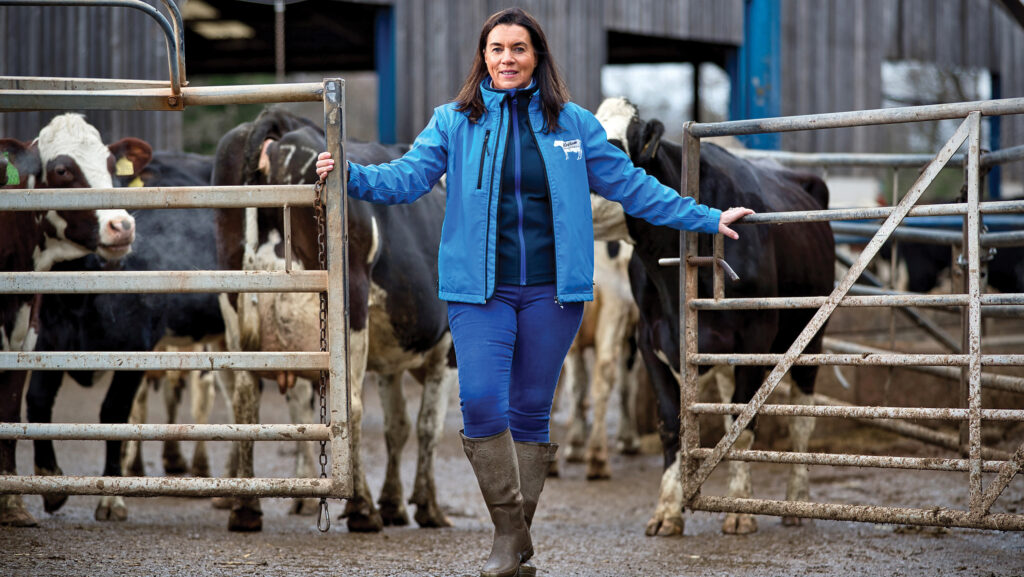Vending machine provides growth business for Transition farmers
 © Richard Stanton
© Richard Stanton Average direct sales of 140 litres a day is a drop in the 16,000-litre ocean of milk produced daily at Tom and Karen Halton’s dairy farm, Halton Farm in Congleton, Cheshire, but for them that market is not just about adding value.
The Haltons were among the first to install a vending machine when they established the Milk Shack nine years ago, and have not only gradually increased milk sales but also the range of products sold, from chocolate brownies to coffee.
See also: Grassland dairy unit adopts low-input strategy
Farm facts
- Farm size 240ha tenanted
- Annual rainfall 1,000mm
- Soil type Clay loams
Transition goals
- Recruit and retain the right staff
- Maintain animal health and welfare
- Increase direct dales to more customers

© Richard Stanton
It is profitable because, as Karen points out, “we wouldn’t have set it up to lose money”.
But the motivation to diversify wasn’t profit, and still isn’t.
“The drive to do it was to get product to the public and to show people where milk comes from,” she says.
Although it is very much secondary to the principal dairy farming enterprise, it is a growth business.
“We host lots of visits from schools and organisations like Scouts and Beavers. The children see the cows being milked and the calves being reared. It’s about education,” says Karen.
“Even adults are blown away by the enormity of what goes into producing milk. We have three builders here on the farm doing some work at the moment, and they have been genuinely surprised by it.”
Increasing direct sales is one of Tom and Karen’s Transition goals, and it has helped facilitate another, too, around recruiting and retaining the right staff.
Codie Stubbs, a sixth-former they employed at the Milk Shack at weekends, expressed an interest in trying her hand at milking.
The Haltons gave her that opportunity and she was excellent at it. She then started helping Karen with the calf rearing.
Codie is now their full-time calf rearer.
“She is absolutely phenomenal at it,” says Karen. “She has been doing it for a couple of months and has really taken to it.”
Karen says providing part-time work opportunities for young people in school or further education is a good route to nurturing future workers who might otherwise not have considered farming as a career.
“It’s a great way for them to engage with farming and appreciate what a good career it can be.”
